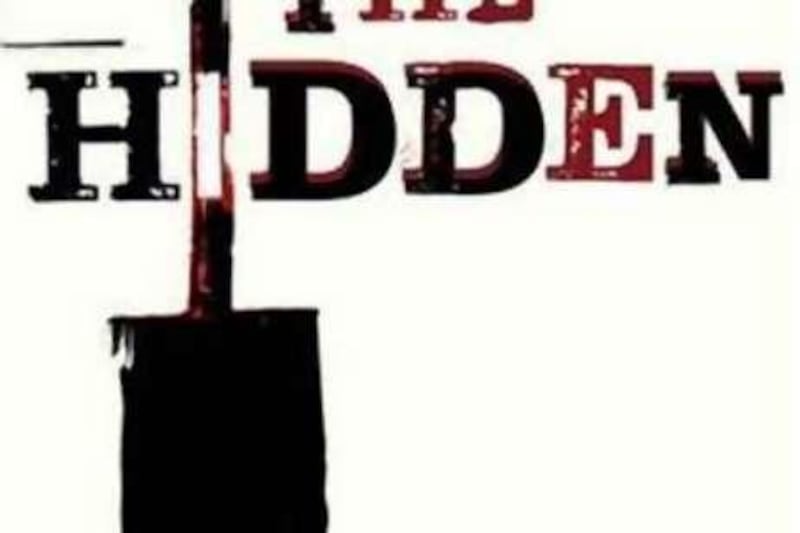More gripping than its twists and turns or its intelligent menace, is Tobias Hill's fierce evocation of a landscape steeped in history both distant and near, Hephzibah Anderson writes.
The Hidden
Tobias Hill
Faber
Dh72
What is it about classicists? Ever since Donna Tartt's mega-selling The Secret History, literature has cast them as a sinister bunch. Tobias Hill's new novel further entrenches them in murky, if not downright murderous, goings-on, extending the trope to archaeologists and adding thriller-like trappings to a brooding portrait of extremism.
Its protagonist is Ben Mercer, an Oxford academic whose marriage has imploded and career stalled. He flees to Athens for three months, leaving his soon-to-be ex-wife with her new lover and bidding a heart-broken farewell to their toddler daughter. With limited resources and no precise plans, he finds himself working in a grill in the suburb of Metamorphosis, scarring his scholar's hands with hot oil and sharing digs with Albanian immigrants. Losing himself in the hard labour, he learns to measure time in shifts rather than days and weeks, and barely registers that a month has passed.
Everything changes when an Oxford colleague, Eberhard Sauer, walks in one evening and mentions a dig near Sparta, in the country's arid South. As a classicist who also dabbles in archaeology, Ben has always been far less interested in the Romans and Greeks than in the Spartans, whose powerful city-state is a lacuna in history, cloaked in mystery and surviving mainly in myth. "It is as if the Spartans crawled away and died, taking with them all trace of themselves" he notes.
Eberhard is cagey, and he insists that there is no work on the dig, but Ben makes his own inquiries and snags himself a place as a "shovelmonkey". For the first time since his wife left him, he feels as if his life is back on track. Only when he arrives does he begin to doubt its new direction. His colleagues have already split into two groups: the locals and the cliquey foreigners. This second group includes sleek Natsuko, who has fled her doting, wealthy Japanese parents. Eleschen is an ethereal blonde, Max has a boxer's taciturn bulk, and Jason keeps up a constant stream of barbed chat. Together, they play "strange games", one of the locals warns Ben. The dig's director, a perky American named Missy, confides that things had been "weirding out" before he arrived.
As Ben is gradually accepted into their fold and falls for Natsuko, he begins to suspect that those games - Spartan-style hunts by moonlight - camouflage a darker secret. He finds anarchist literature lying around and hears the excluding spin that his new friends put on the word "us". Their secret turns out to be hidden in a network of caves, and despite their classical pretensions, it represents a very contemporary kind of evil.
The novel collages postcards and letters, drawing on thesis notes to provide context and more impressionistic jottings for colour, though Hill mainly resists gimmickry. He wears his learning lightly, too, synthesising ancient history with Greece's post-war politics, entwining ancient riddles with modern conflicts. Ultimately, the wisdom that haunts The Hidden comes from the 20th century: Albert Einstein's insistence that "The world is not dangerous because of those that do evil, but because of those who stand aside and let them do so". Reproduced on a tacky poster in Missy's apartment, those words become ever more applicable to Ben as his desire for acceptance leads him into something he is too appalled to comprehend.
Hill has poetry collections, short stories and a further three novels to his name, and you can feel him reaching for a mainstream readership via the plotting of this latest. More gripping than its twists and turns or its intelligent menace, however, is his fierce evocation of a landscape steeped in history both distant and near.











